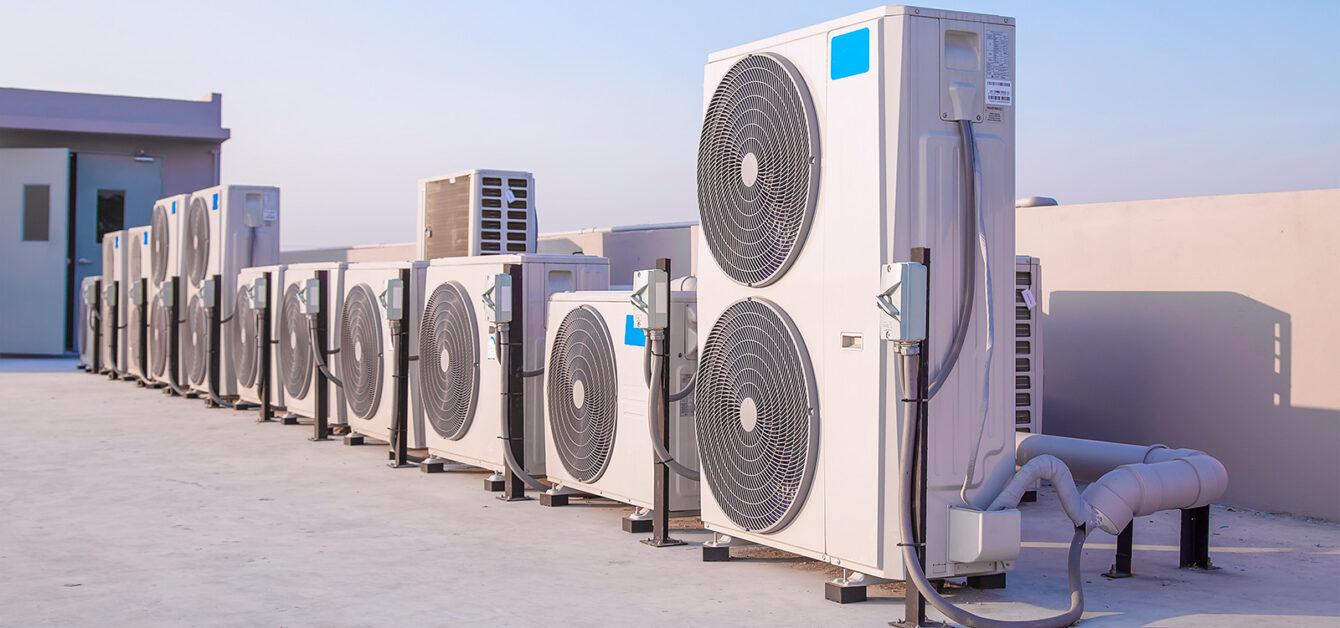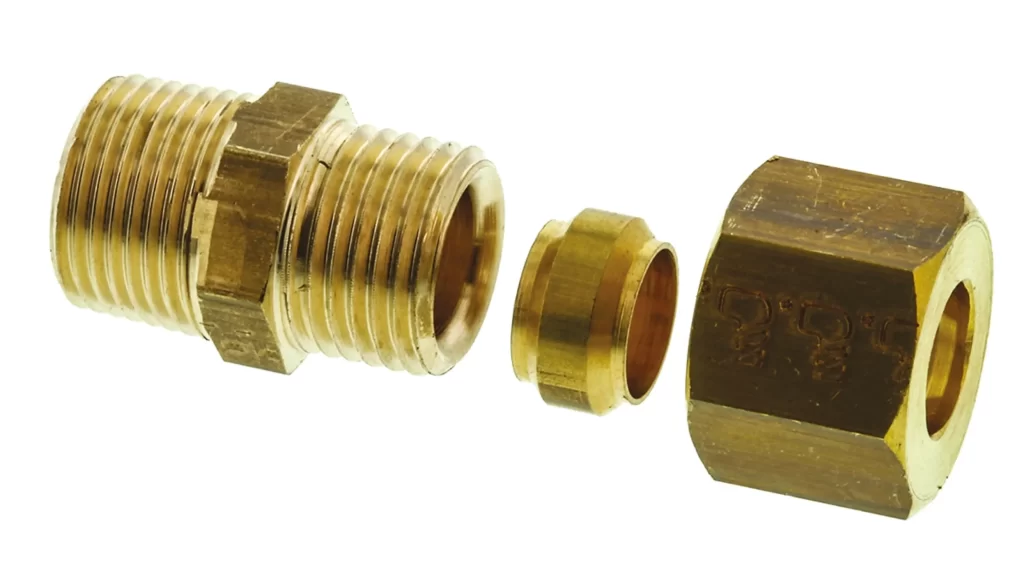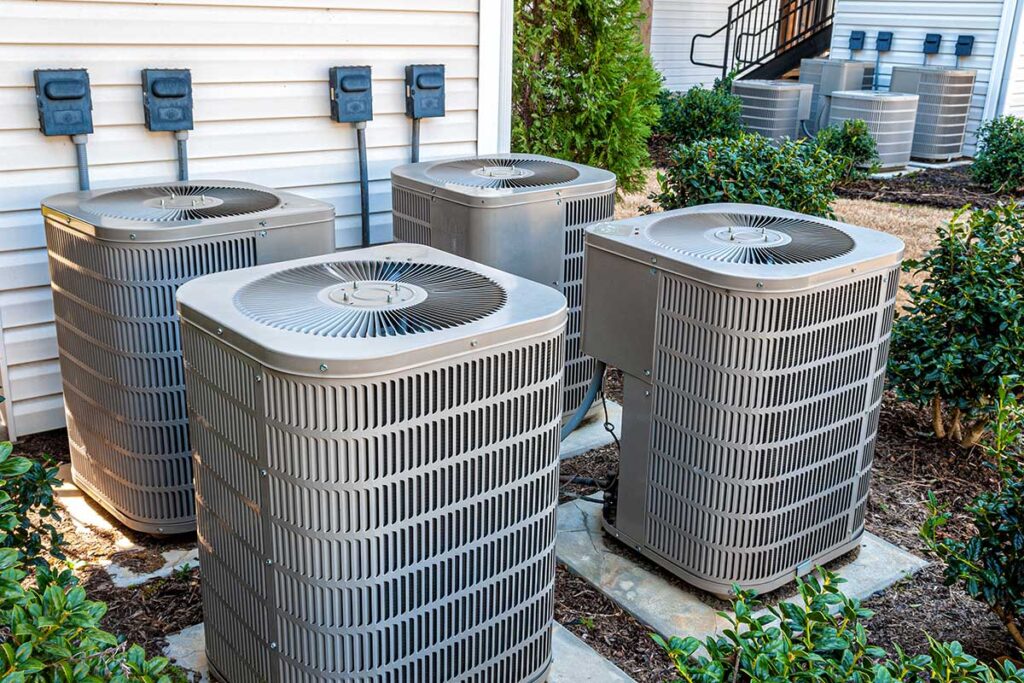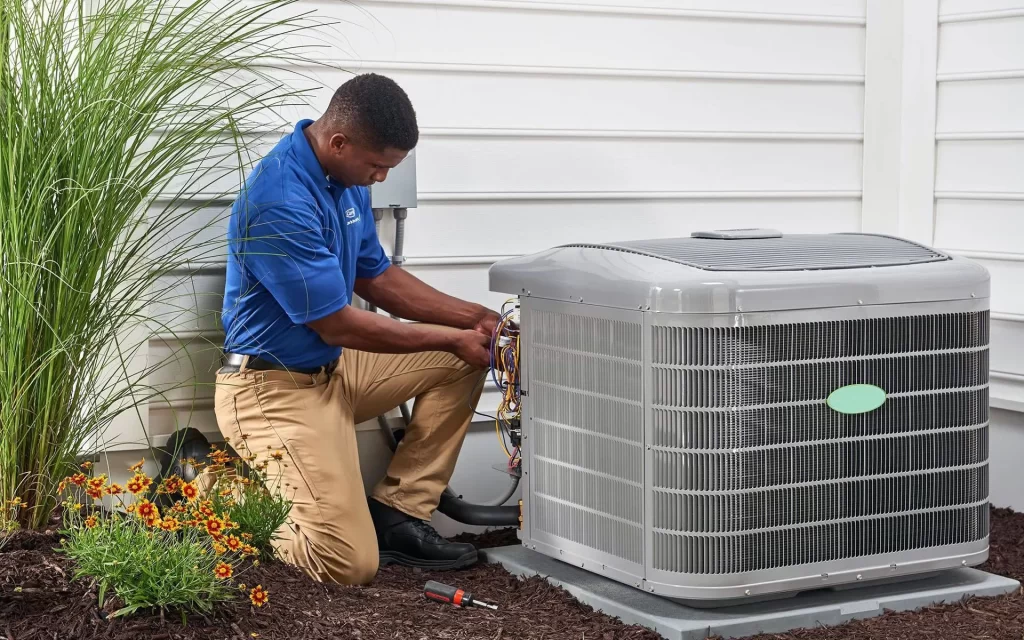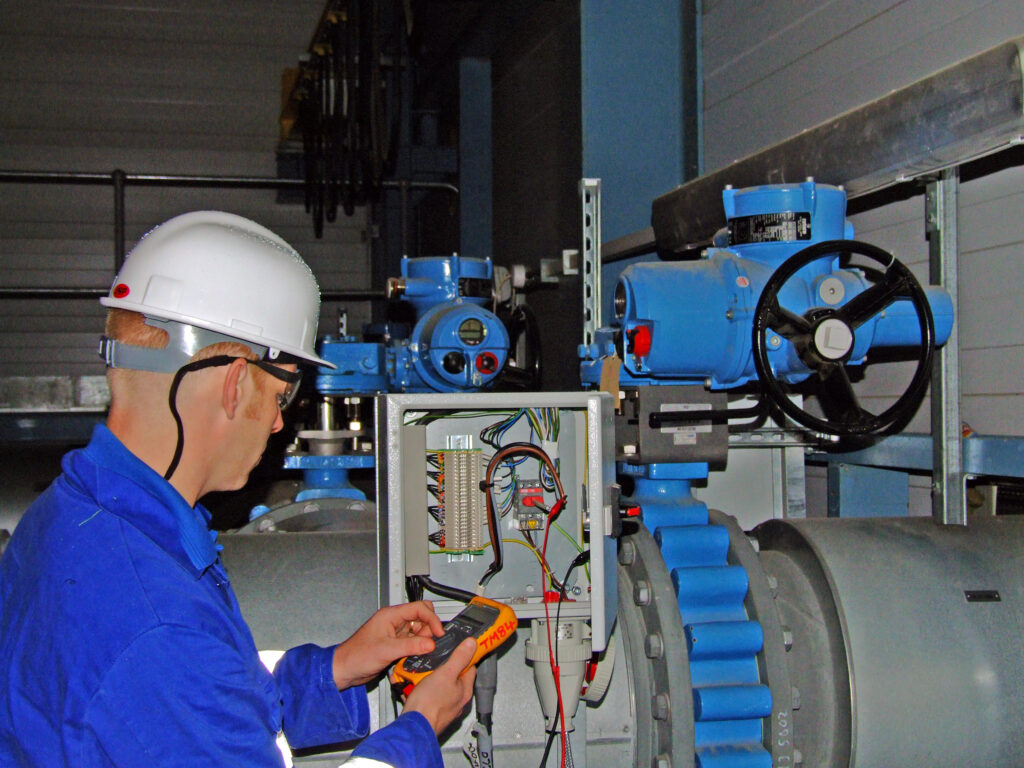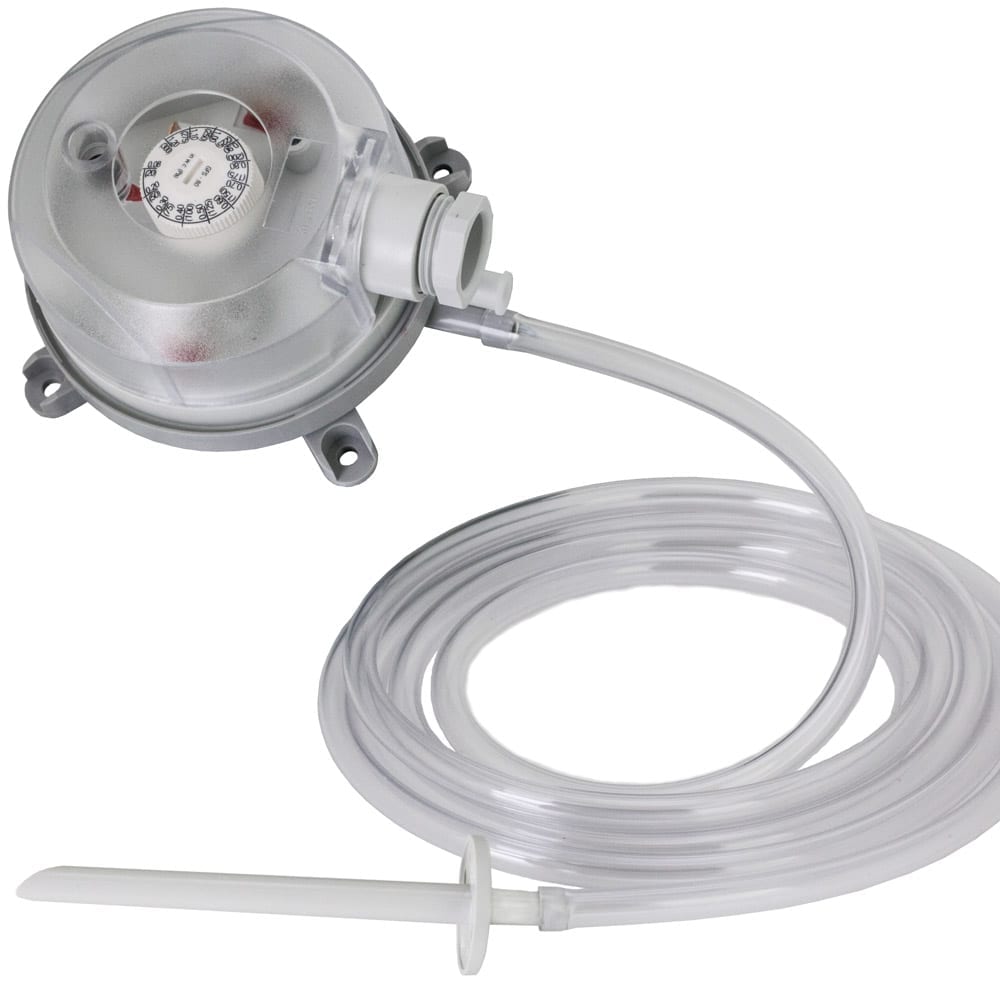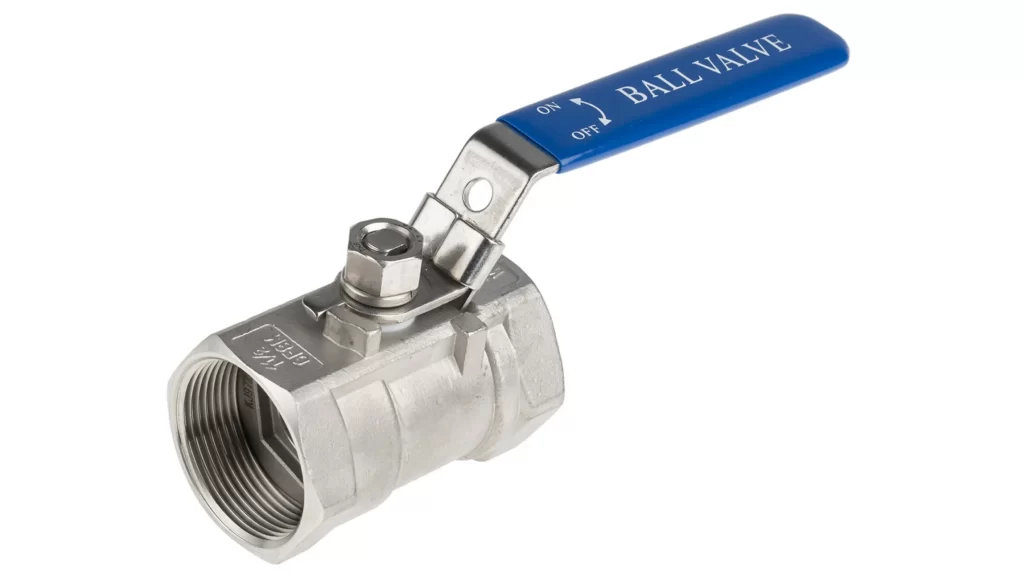Mini but Mighty: The Advantages of Compact Minibuses for City Tours
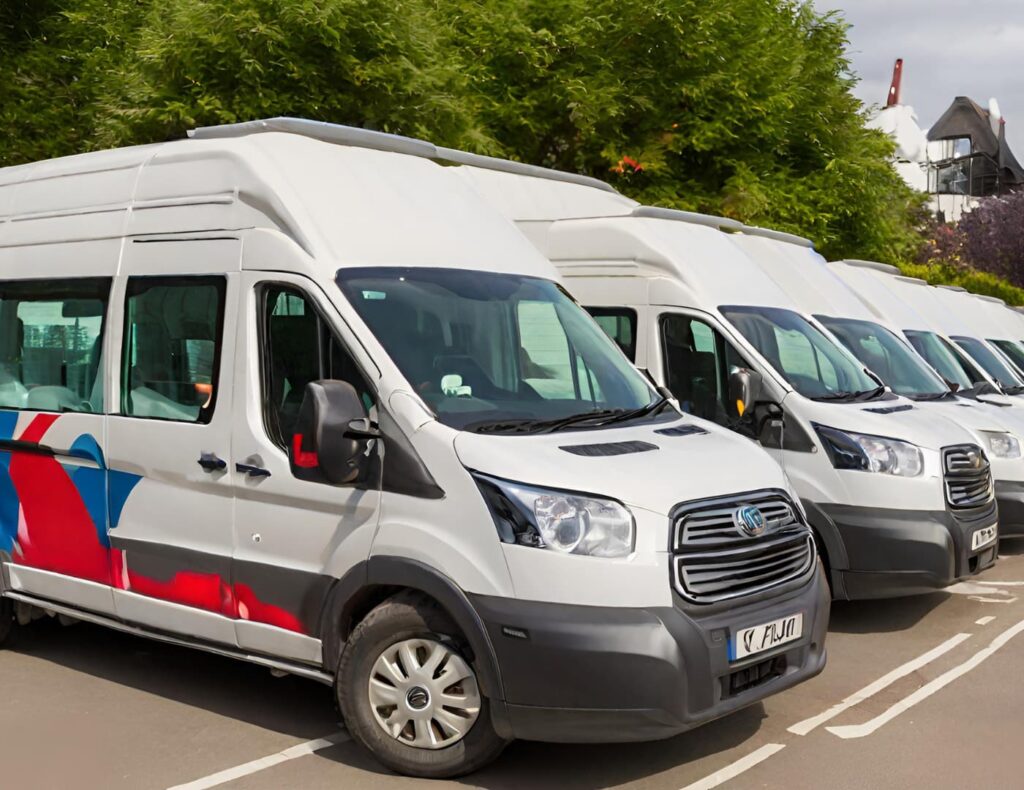
When it comes to exploring the vibrant heart of a city, transportation plays a pivotal role in the overall experience. This is where minibus rental services come into play, offering a compact yet powerful solution for city tours. In this blog post, we’ll delve into the advantages of using compact minibuses for city tours, highlighting their maneuverability, accessibility, group interaction, cost-effectiveness, customization, eco-friendliness, and commitment to passenger safety.
The City Tour Experience
City tours are a delightful way to immerse oneself in the essence of a place. They provide travelers with an opportunity to explore a city’s rich history, vibrant culture, and captivating landmarks. From admiring iconic architecture to savoring local cuisine, city tours promise a tapestry of experiences that leave lasting memories.
Compact Minibuses: The Ideal City Tour Companion
In the bustling urban landscape, transportation becomes a critical factor in shaping the quality of a city tour. This is where compact minibuses emerge as the unsung heroes of urban exploration. Their unique attributes make them the perfect companions for city tours.
Advantages of Compact Minibuses
1. Maneuverability
- Navigating the intricate web of narrow streets and congested city traffic can be a daunting task for larger vehicles. Compact minibuses, on the other hand, excel in maneuverability, effortlessly weaving through the urban maze.
- Whether it’s the winding lanes of historic towns, the labyrinthine alleys of medieval quarters, or the bustling avenues of modern metropolises, minibuses ensure passengers don’t miss a thing. They provide access to the heart of the city, where the true essence lies.
2. Accessibility
- One of the primary benefits of compact minibuses is their ability to access areas that larger vehicles simply cannot reach.
- Historic city centers often feature cobblestone streets, tight turns, and limited parking spaces. It’s here that compact minibuses truly shine, making it possible for tour groups to explore the heart of the city’s heritage.
- Imagine winding through the narrow alleys of a centuries-old European town or making a stop at the doorstep of a charming caf nestled in a picturesque neighborhood. These experiences become accessible with compact minibuses.
3. Group Interaction
- City tours are not just about sightseeing; they’re about the shared experience of discovery. Compact minibuses foster a sense of intimacy and camaraderie among passengers.
- With fewer travelers on board, it’s easier to strike up conversations, share stories, and create bonds that enhance the overall tour experience. Passengers become fellow explorers, sharing the excitement of each new discovery.
- Whether it’s swapping travel tips, discussing the local history, or simply enjoying the journey together, compact minibuses encourage interaction that adds depth to the city tour experience.
4. Cost-Effectiveness
- In the world of group transportation services, compact minibuses offer a cost-effective solution for both tour operators and passengers.
- For tour operators, the reduced operational costs associated with compact minibuses can be a game-changer. Lower fuel consumption, decreased maintenance expenses, and efficient use of resources contribute to improved profitability.
- Passengers, too, reap the benefits of cost-effectiveness. Choosing a compact minibus tour often means a more affordable ticket price, making city tours accessible to a wider range of travelers.
5. Customized City Tour Experiences
- Flexibility is a hallmark of compact minibuses. They allow tour operators to craft unique itineraries and themes that cater to diverse interests.
- Whether it’s an art-focused tour exploring museums and galleries, a culinary adventure discovering local gastronomy, or a historic exploration tracing the city’s past, minibuses adapt to the vision of the tour. Tour operators can curate experiences that resonate with their audience, ensuring that each city tour is a one-of-a-kind journey.
6. Eco-Friendly Travel:
- In an era of increased environmental awareness, compact minibuses shine as eco-friendly options.
- Many modern minibus models are designed with fuel efficiency in mind. They feature advanced engines and technology that reduce fuel consumption and emissions, contributing to a smaller carbon footprint.
- For environmentally-conscious travelers, choosing a compact minibus for a city tour aligns with their values and supports sustainable tourism practices.
7. Safety and Comfort
- Passenger safety and comfort are paramount in the world of city tours. Compact minibuses prioritize both aspects, ensuring that travelers have a secure and enjoyable journey.
- Features like seatbelts for every passenger, professionally trained drivers with local expertise, and well-maintained vehicles provide peace of mind to those on board.
- The spacious interiors of compact minibuses offer comfortable seating and ample legroom, allowing passengers to relax and focus on the sights and experiences.
By opting for a compact minibus for your city tour, you’re choosing a mode of transportation that elevates the entire experience. It’s not just about getting from one point to another; it’s about embracing a journey that complements the essence of the city you’re exploring.
Compact minibuses are designed to navigate the nuances of city exploration seamlessly. Whether it’s maneuvering through tight turns, accessing hidden gems, encouraging group interaction, offering cost-effective solutions, enabling customized experiences, promoting eco-friendliness, or prioritizing safety and comfort, they check all the boxes that make for an exceptional city tour.
As you plan your next city adventure, consider the difference that compact minibuses can make. They are the vehicles that transform city tours into journeys filled with exploration, connection, and discovery. Whether you’re a tour operator seeking efficiency or a traveler seeking an intimate adventure, compact minibuses deliver on every front.
Conclusion
Compact minibuses are the unsung heroes of city tours, offering a plethora of advantages that enhance the experience for travelers. Their maneuverability, accessibility, group interaction, cost-effectiveness, customization, eco-friendliness, and commitment to passenger safety make them the ideal choice for navigating urban landscapes.

